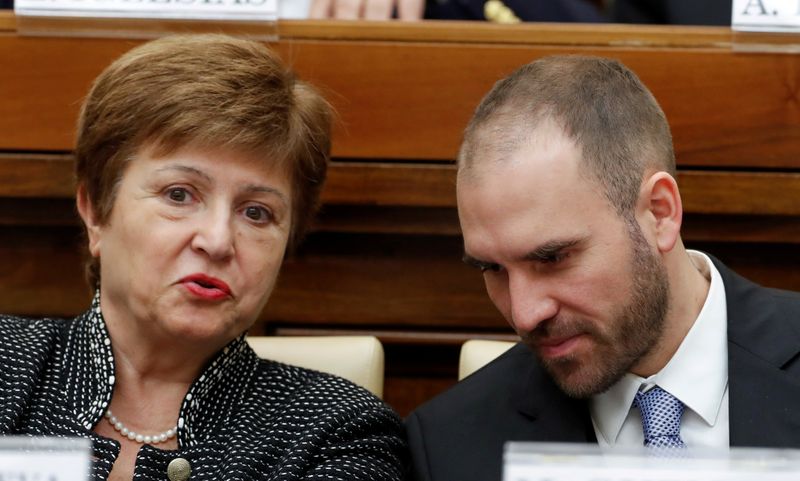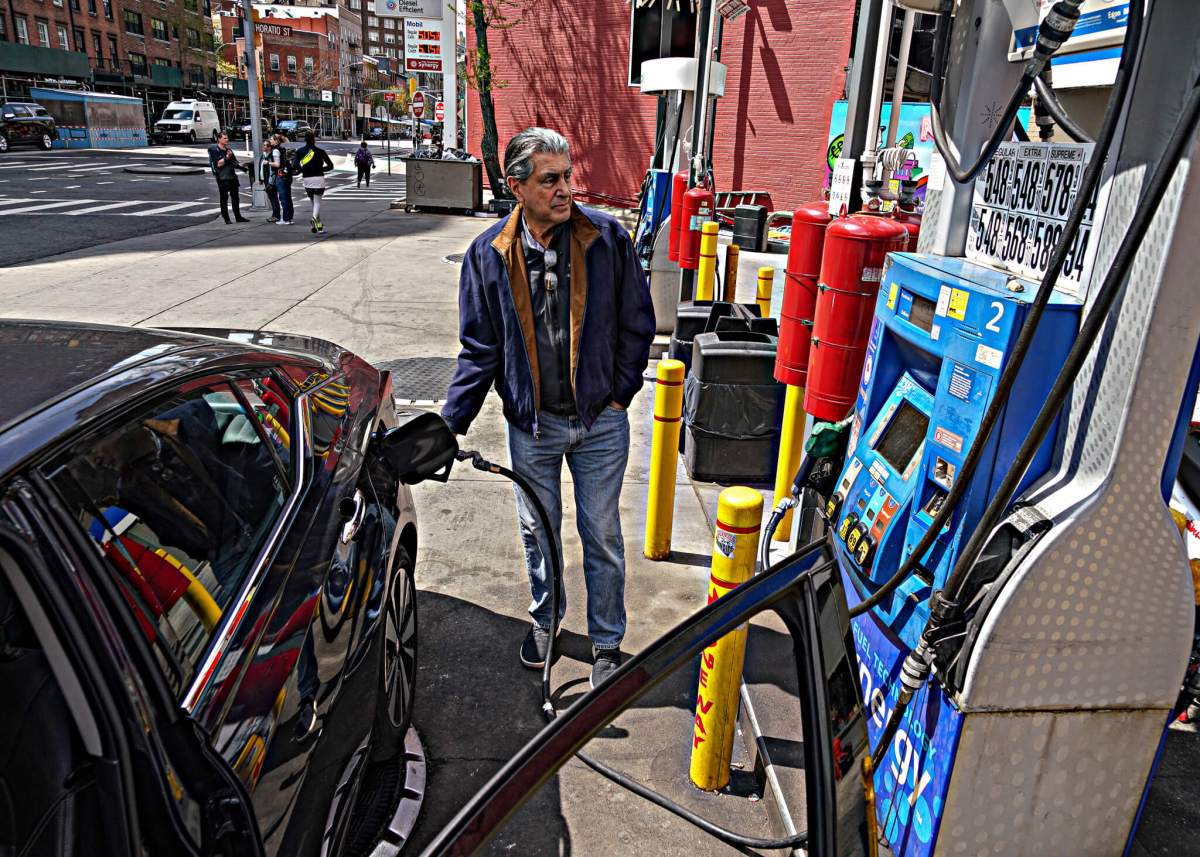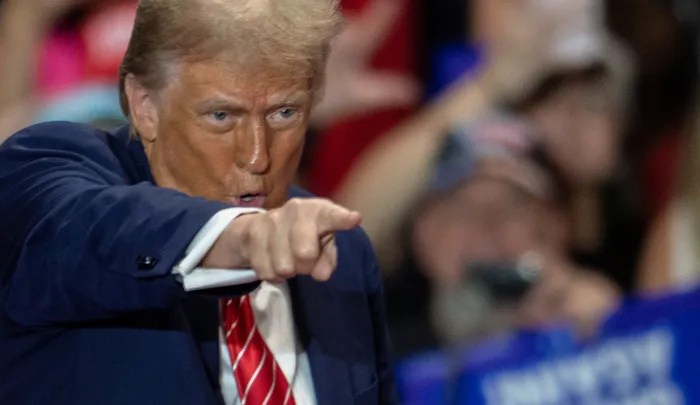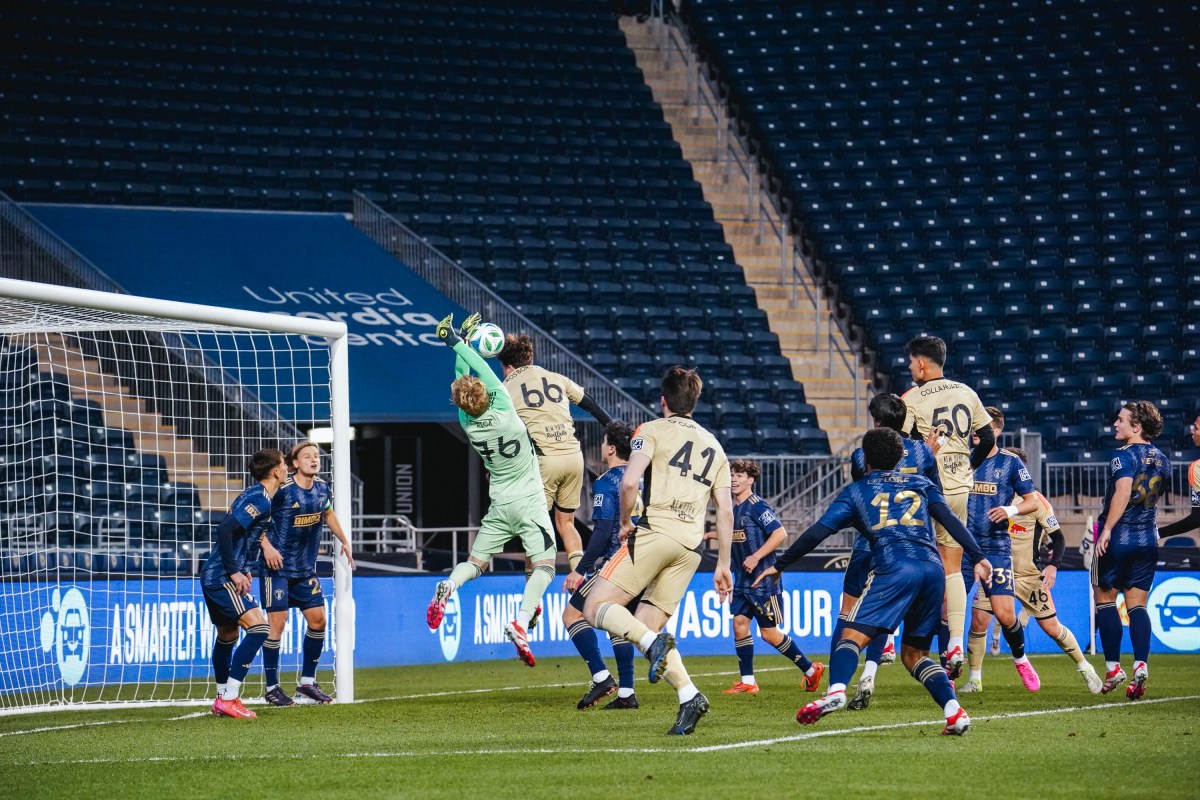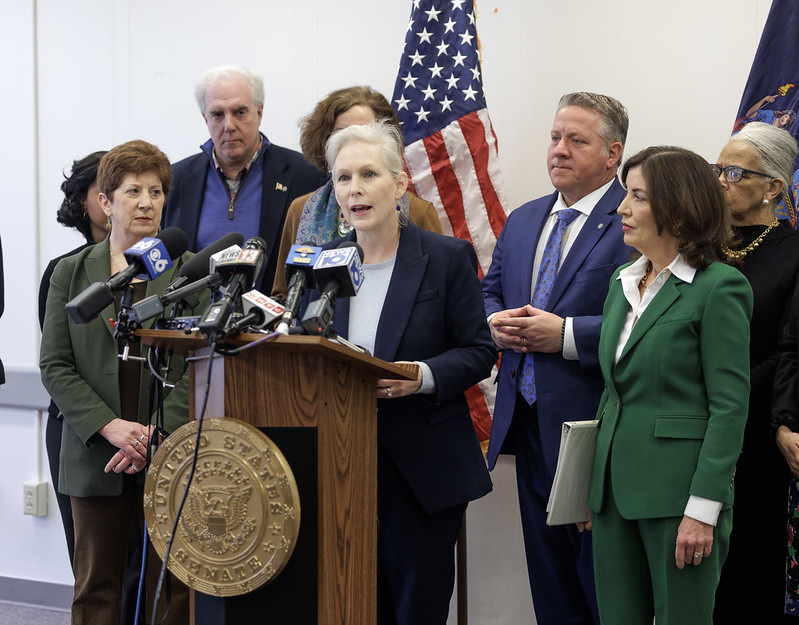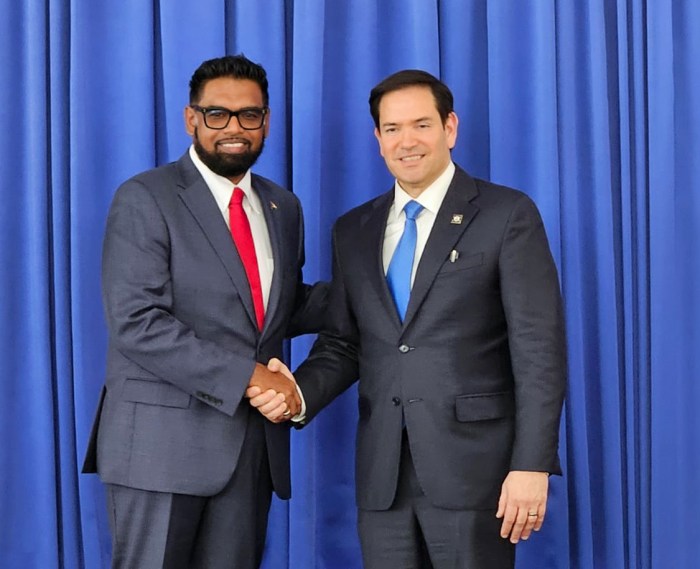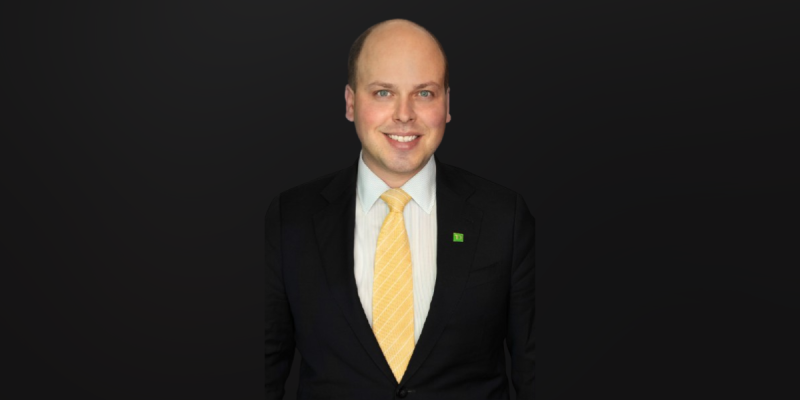NEW YORK/BUENOS AIRES (Reuters) – Argentina’s honeymoon with the International Monetary Fund is about to be tested as it looks to update a $57 billion agreement struck two years ago that failed to prevent a slide into recession and the country’s ninth sovereign default.
The IMF, often the target of angry protests in the streets of Buenos Aires, has looked to soften its tone with Argentina as the center-left Peronist government has restructured over $100 billion with private creditors this year.
Now it is IMF money on the table. Argentina is looking to defer some $45 billion in payments over the next few years, as it heads for a 12% economic contraction in 2020 and battles a currency crisis with recently updated capital controls, which speak to an unwillingness to address fiscal and monetary imbalances.
“It will be much harder with the IMF. They will want to make sure they will be prioritized and not defaulted upon,” said Damien Buchet, an emerging markets fund manager at Finisterre Capital.
“The IMF will want much more serious guarantees in terms of debt sustainability and repayment ability than bondholders.”
Argentine officials say they only want to refinance the $45 billion already received under the 2018 program. But Economy Minister Martin Guzman has said he wants to avoid repayments to the IMF through 2024 – a tough demand.
“The IMF mistakenly supported Argentina in its acrimonious negotiations with investors to close a deal without a coherent economic plan,” said Ted Pincus, managing director at Mangart Capital Advisors.
“The new FX measures Argentina introduced will make an agreement more difficult and Argentina’s attitude towards investors has come back to bite it.”
With the country in the grips of the coronavirus pandemic, austerity could pose a big threat to center-left President Alberto Fernandez ahead of mid-term elections next year, as poverty rises and small firms go under.
The IMF is still seen by many as having triggered the country’s last major crisis in 2001-02, when a default and currency devaluation pushed millions of Argentines into poverty.
“I don’t think (Argentina) can afford to be seen as taking orders from the IMF,” said Eric Baurmeister, senior portfolio manager and head of Morgan Stanley Investment Management’s Emerging Markets Debt team.
“What happens behind closed doors may be a different story.”
(Graphic: Argentina’s schedule of payments to the IMF, https://graphics.reuters.com/ARGENTINA-DEBT/IMF/yzdpxnxlopx/chart.png)
10TH DEFAULT?
Julie Kozack, deputy director of the IMF’s Western Hemisphere department, said the fund initially was looking to work out Argentina’s priorities and the government’s “plans to strengthen macroeconomic stability, kick-start growth and job creation, and reduce poverty and unemployment.”
She did not elaborate, but many feel Argentina’s economy will be harder to turn around than hoped for, with foreign reserves dwindling and capital controls to stem the decline hurting business.
“The IMF will probably insist on labor and pension legislation,” said Claudio Loser, a former IMF director for the Western Hemisphere, adding that he expects both sides to arrive with different opinions.
“The government is going to say that it cannot do more; the Fund will say we have to understand that Argentina is in a horrible crisis due to the combination of COVID and the debt problem. Then, that (Argentina) will have to put things in order so as not to have problems again in two years,” Loser said.
The government’s 2021 budget bill, presented to Congress this week, included ambitious forecasts for 5.5% growth next year and a primary fiscal deficit of 4.5% of GDP, which will be financed in part with transfers from the central bank.
(Graphic: Argentine monetary base, https://graphics.reuters.com/ARGENTINA-DEBT/IMF/xegpbjndgpq/chart.png)
“Fernandez has to a strike a difficult balance between a tough stance in negotiations to please his voters and convincing the IMF his administration can go far enough with reforms,” said Fabiana Fedeli, head of emerging markets at Robeco.
“Unfortunately we have not yet seen any signs that Argentina is willing and able to take the difficult steps that are needed to support macroeconomic stability. Unless lasting reforms are undertaken, a 10th default is possible.”
POLITICAL CAPITAL
Fernandez, voted in with an anti-austerity mandate late last year, has gained some political capital sealing restructuring deals with Wall Street, and bringing the IMF more on-side.
Back in February, the IMF’s director Kristalina Georgieva and Guzman sat smilingly side-by-side as Pope Francis, himself an Argentine, spoke at a Vatican conference.
The fund has all but agreed to a $6.5 billion exceptional access program with Ecuador, much more generous and with less conditions than expected, which some say could bode well for Argentina.
More importantly, perhaps, the IMF could use a positive deal after criticism over the size and speed of the 2018 program and past practices in Argentina, including from Fernandez who blames the previous administration for leaving the country saddled with debt.
“It is not the same IMF as in 2001. Much has been learned since. Now it is more flexible regarding some heterodox policies,” said Gabriel Zelpo, director of Buenos Aires-based financial consultancy Seido. “But it is still the IMF.”
(Graphic: IMF credit outstanding in billion USD, https://graphics.reuters.com/ARGENTINA-DEBT/IMF/qmyvmalzjvr/chart.png)
(Reporting by Rodrigo Campos, Eliana Raszewski and Hugh Bronstein; additional reporting by Karin Strohecker and Marc Jones in London; editing by Adam Jourdan and Tom Brown)

